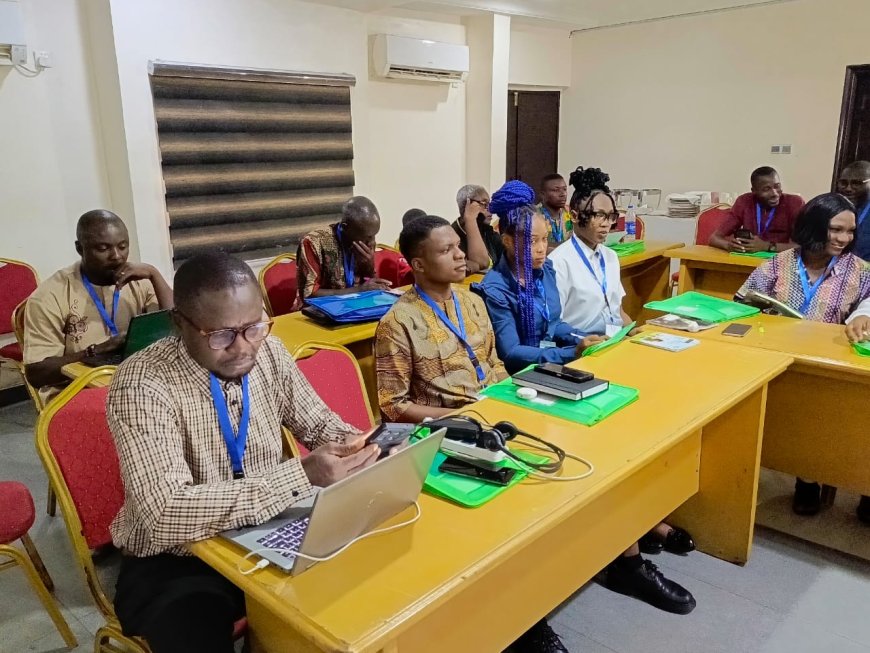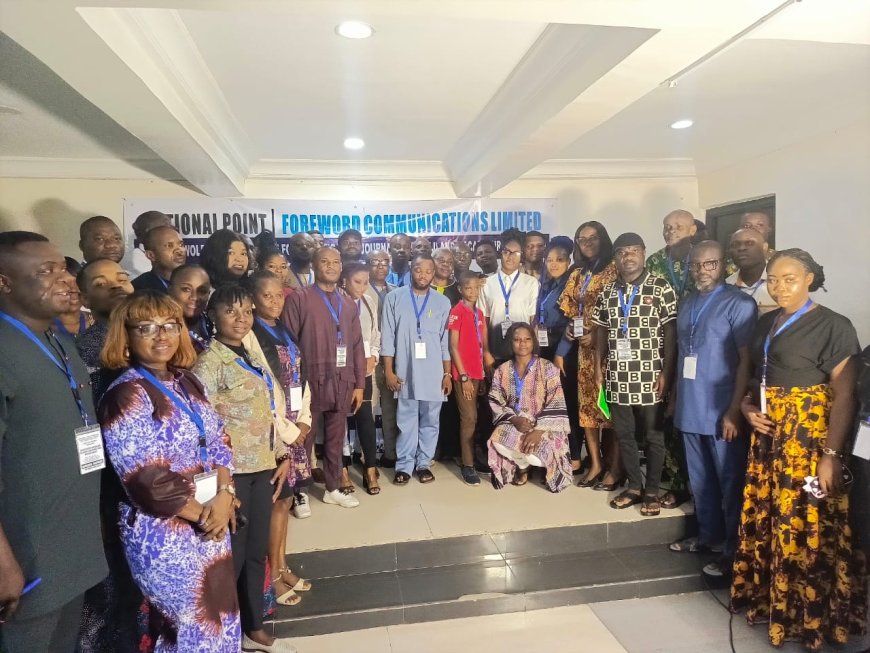Media practitioners in the country have been advised to brace up for new challenges posed by new media technologies if they are to remain relevant in the profession.
The practitioners were also advised to shift focus more on investigative journalism for inclusive development and accountability in the society.
This was the position of various speakers at a one-day training workshop held in Uyo and organised by National Point /Forward Communication in collaboration with MacArthur Foundation for practitioners in Cross River, Edo, Rivers, Delta and Akwa Ibom states.
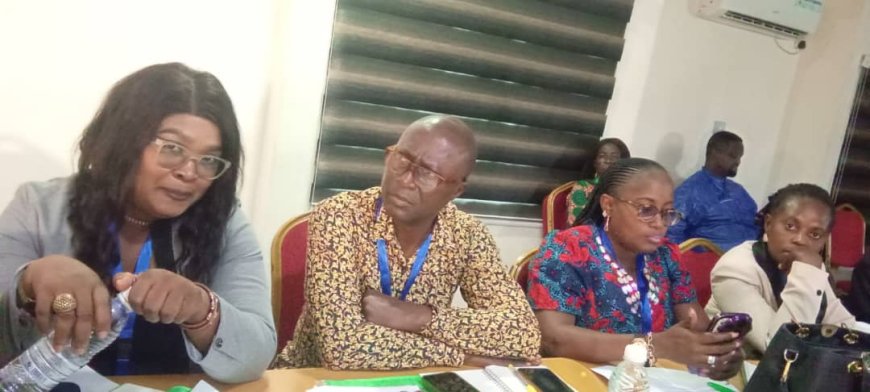
In her address, the Publisher of National Point, Ms Ibiba DonPedro, noted that the advent of “social media” have become a serious threat to the traditional media practitioners in the country.
According to her, the only way the traditional media practitioners can remain relevant is to upgrade and embrace these new technologies.
“Though what they (social media) come out with as news are mostly fake, but they have become popular as people tend to believe in them.
“However, these stories have also provided lead for the traditional media practitioners in most cases.
“This new technological development can also be an additional sources of revenue for media practitioners when embraced.
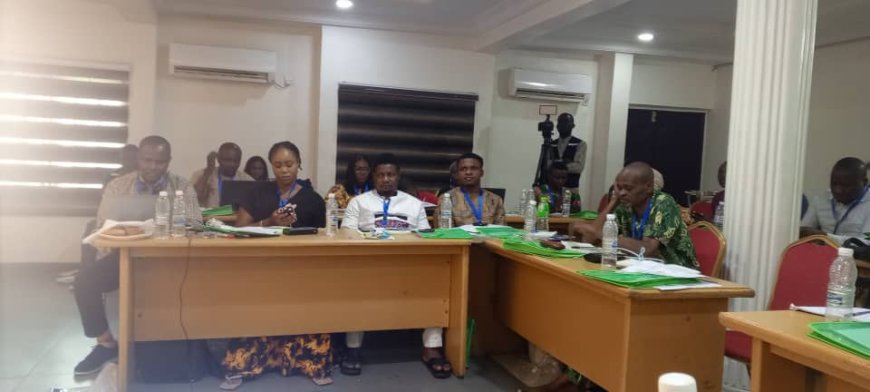
“Lots of opportunities is available for practitioners in the new media; it enhances the job as well as opportunity to make money,” she stated.
On his part, Dr Judex Okoro of the Department of Mass Communication, University of Calabar and Editor-in-chief of THE BEAGLE NEWS, urged the practitioners to shift focus from the normal routine stories to investigative reporting.
Speaking on the topic “Investigative Reporting, Tools to Enhance Exclusivity and Accountable Governance,” Okoro said it is the only way to bring leaders accountable,advance social justice and ensure good governance.
“Investigative journalism will also provide additional angles and depth to your stories and this makes it different from the normal routine stories or those on social media or by bloggers.
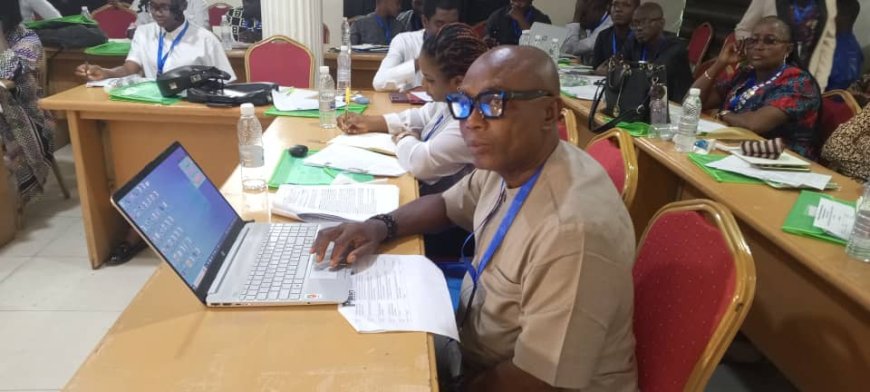
“No doubt, journalism is undergoing transformation and the practitioners need to embrace the information age which offers new technological tools and techniques whe carrying out an investigating reporting,” he stated.
Similarly, Mr Sunny Dada, who lectured on the topic “Data Assisted Reporting,” said practitioners should make their stories more interesting to read with the support of relevant data.
Other papers presenters at the training include “Communication Tools for Inclusive Development and Accountability,” by Mr. Emmanuel Obe, “Gender Reporting and Inclusivity by Mrs Constance Meju, and Human Rights Reporting, Inclusivity and Accountability by Styvn Obodoekwe.
